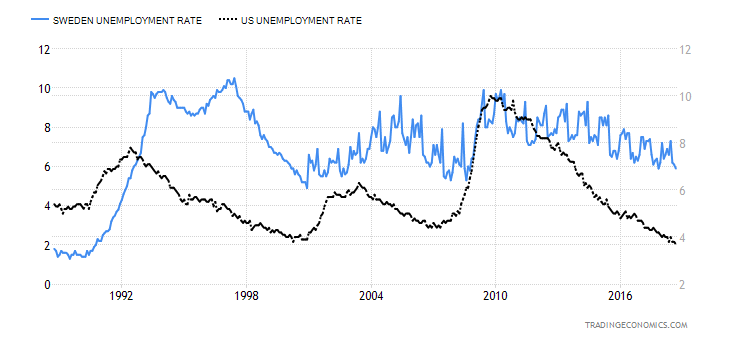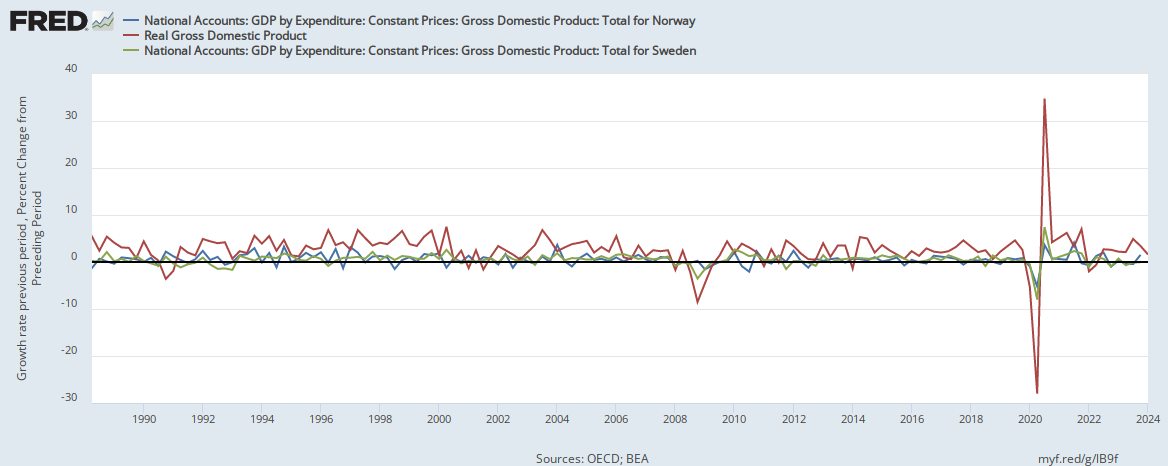My principle concern about the increasing concentration of wealth is not economic but political. Vast concentrations of wealth result in concentrations of political power. Your story about economic flux...I am rich today and then poor tomorrow is exactly what the rich want to prevent. The only way to prevent it is to create political protection to ensure that upstarts can't take their stuff. The only way to do it is to make sure that the masses can't redistribute vast concentrations of wealth for their own purposes. The way to prevent such transitions is by eliminating democracy and instituting oligarchy and autocracy. Autocracy has terrible long run economic implications. All this we used to know in this country.
How do we account for the dramatic structural shift that has taken place? Technology has enabled far more rapid growth and acceleration of value in business than it previously witnessed. But, more importantly, the growing imbalance of supply and demand for financial assets, specifically U.S. equity (public and private), is also contributing to this. For the sake of complication, let's focus on U.S. public equity securities for now:
- Individual consumers are able to access data much more quickly and acquire or trade securities much more quickly and cheaply than they previously could (more access for more people) - increased demand
- We have witnessed an insatiable appetite from foreign investors (particularly BRICs) seeking long-term, double-digit returns - increased demand
- Increase in stock-based compensation - book equity increases
- Increased regulations (e.g. SOX, SEC requirements, etc.) have made it more costly and less beneficial to be a publicly traded company - reduction in supply
- Corporate image and media/public scrutiny makes it more attractive for companies to remain or go private - reduction in supply
- Globalization has led to an increased number of foreign entities that have acquired U.S. listed companies and the parent may or may not list on U.S. exchanges (direct or via ADR) - reduction in supply
- Increased appetite and money deployed for alternative asset classes that resulted in a more sophisticated and developed private market system - reduction in supply




